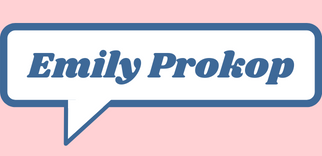While your comfortable (or getting comfortable) behind the microphone, your guests might not be. Although they may have amazing insights to share and your audience will love them, it's still nerve-wracking to be put on the spot.
While I can't do much to take away their nerves (aside from give you my recipe for Sangria, maybe), I can offer some tips to help them feel more at ease about sounding good.
While it might be easier to have your guest join you in your studio, it's not always possible. The tips in this post are for podcast interviews done remotely.






